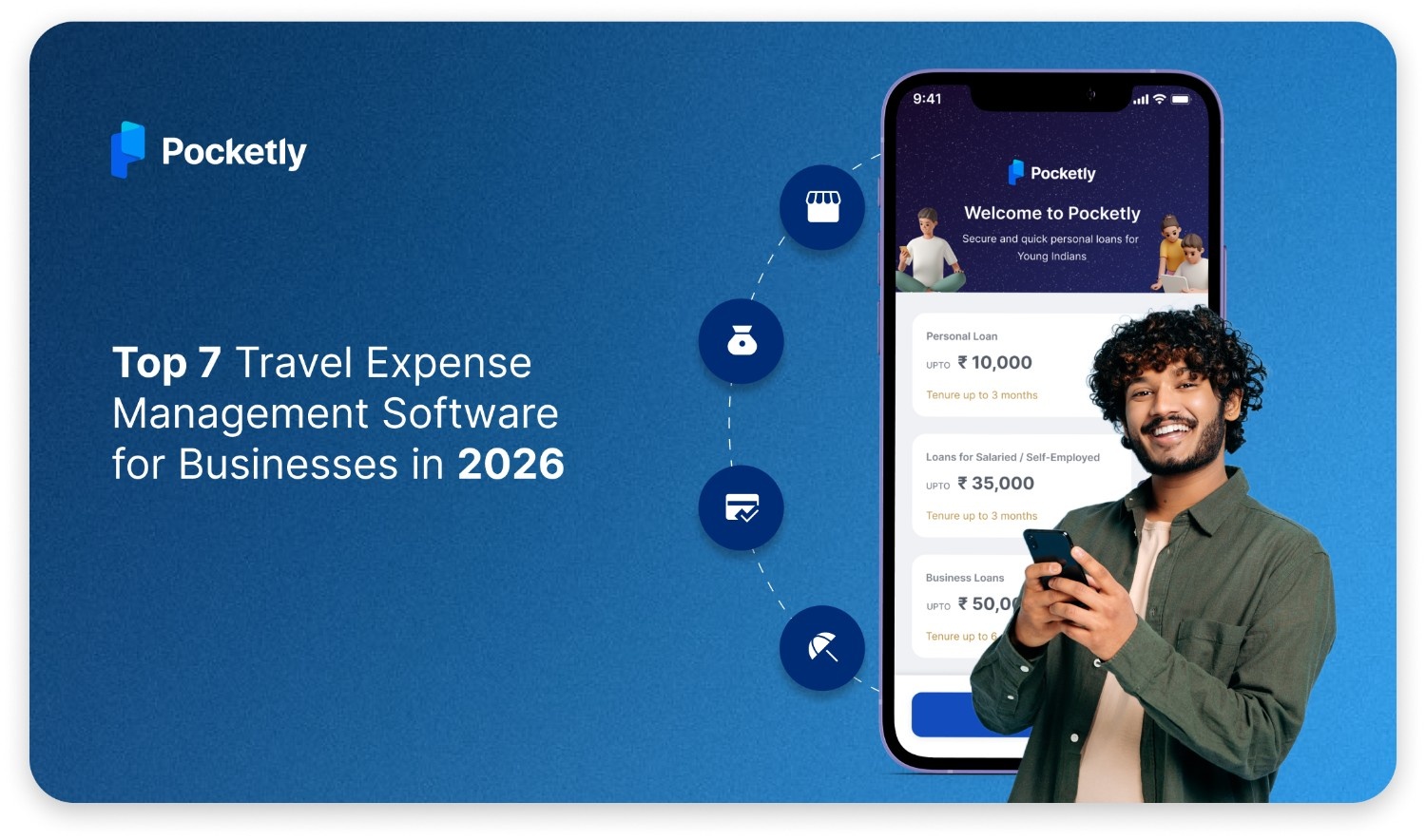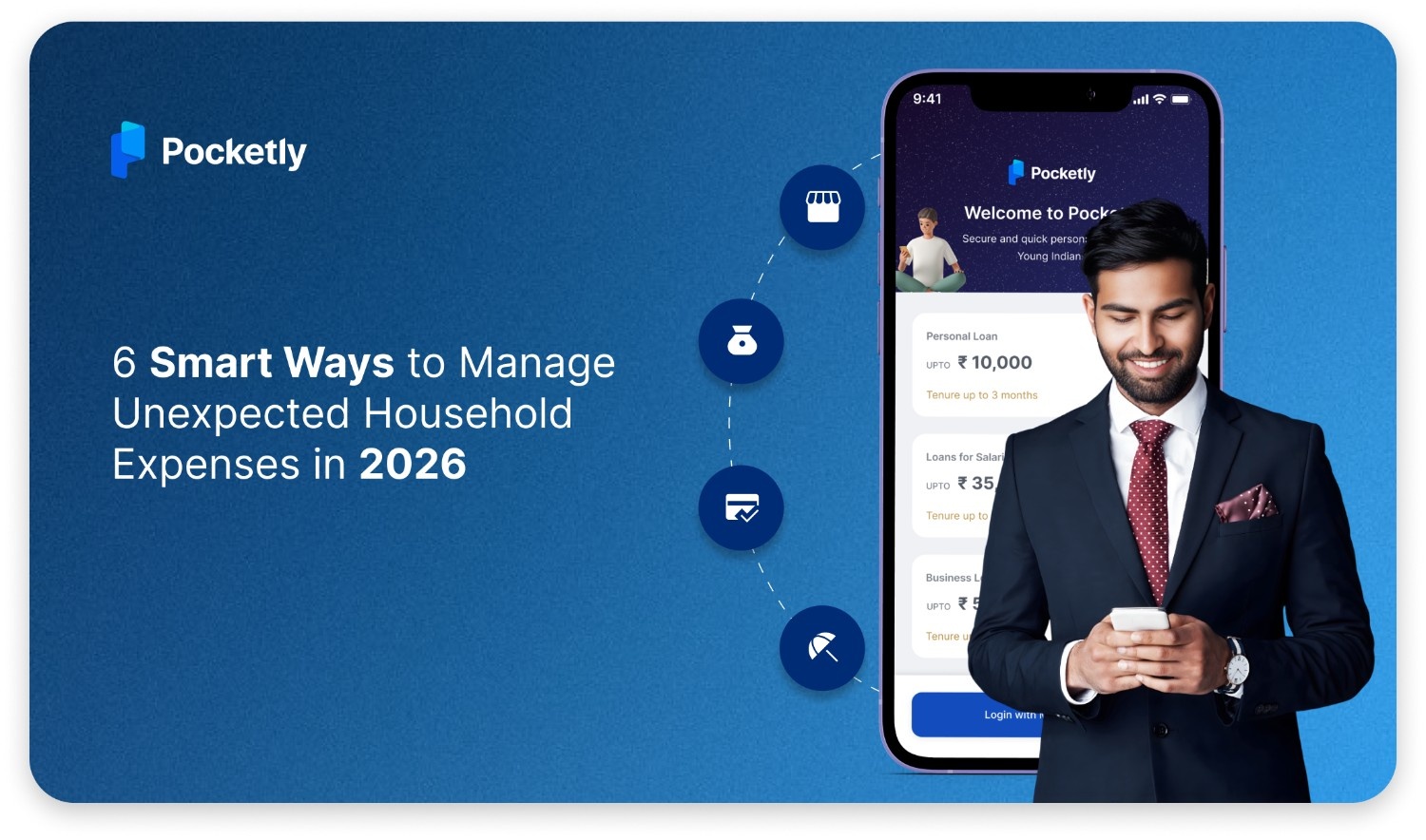
Waiting for your salary to hit your bank account only to find that it hasn’t can be incredibly stressful. Your salary is the backbone of your financial planning, so when it doesn’t arrive on time, it can disrupt everything from paying bills to covering daily expenses. Unfortunately, delayed salary payments are not uncommon, and they can happen for a range of reasons—from administrative errors to financial issues within the company.
If you’re thinking, "My salary is not credited yet—what should I do?" don’t worry. There are steps you can take to address a delayed salary payment in a professional and effective way. This guide will walk you through what to do if your salary is not credited on time, including communicating with your employer, understanding your legal rights, and taking further action if necessary.
Knowing how to handle a salary delay can help you protect your rights and minimise stress. Let’s dive in!
Initial Communication with Your Employer
If your salary hasn’t been credited, your first step should be to contact your employer or HR department. Often, delays happen due to minor administrative errors or temporary issues, which can be resolved quickly once brought to their attention. Here’s how to approach it:
- Document Your Communication: Always send your inquiry in writing, such as through email. This not only shows professionalism but also keeps a clear record of your attempts to resolve the issue. Having written proof of your outreach can be helpful if you need to escalate the matter later.
- Request a Clear Explanation: Politely mention the delay and ask if there’s a reason behind it. You can also request an estimated timeframe for when you can expect the payment. This shows that you’re proactive and allows HR to prioritise your request by providing a timeline.
Starting with respectful, documented communication can often resolve the issue quickly and set the right tone for further action if necessary.
Sending a Legal Notice
If your salary remains unpaid after initial communication, the next step is to consider sending a formal legal notice to your employer. This notice is a formal request for payment, laying out the details of your claim and your intent to take further legal action if necessary.
- Drafting a Detailed Legal Notice: Include specific details such as the amount owed, the missed payment date, and any previous attempts you’ve made to resolve the issue. This document should be clear, direct and outline your expectation for immediate payment.
- Timeline for Sending the Notice: It’s recommended to send the legal notice within 90 days of the missed salary payment. Acting within this timeframe shows urgency and reinforces the seriousness of your request.
Sending a well-documented legal notice can often prompt the employer to address the issue more swiftly, especially when it signals that you’re prepared to escalate the matter legally.
Legal Recourse Based on Salary Level
If your salary remains unpaid and initial steps haven’t resolved the issue, different legal options are available based on your salary level. Here’s a breakdown of the legal routes you can consider:
- The Payment of Wages Act for Employees Earning Below Rs 18,000:
- Employees with a monthly income of less than Rs 18,000 are protected under the Payment of Wages Act. This act ensures timely payment and can be used to file a complaint for unpaid wages.
- Approaching the Labour Commissioner:
- For employees under the Payment of Wages Act, filing a complaint with the labour commissioner is an option. The commissioner can mediate directly with the employer, pushing for a faster resolution without requiring court action.
- Civil Court Recourse for Employees Earning Above Rs 18,000:
- If you earn more than Rs 18,000 per month, the Payment of Wages Act doesn’t apply. In this case, you may need to pursue legal action in a civil court to claim your unpaid salary. Though it can take time, this process is often the final step when all other avenues have been exhausted.
Each of these options ensures that employees have legal support in securing the payment they’re owed.
Dealing with Corporate Fraud
If you suspect your employer is intentionally withholding salary or engaging in deceptive practices, it’s essential to understand how to identify fraud and take the necessary legal steps to protect yourself.
- Spotting Fraudulent Behaviour:
- Employers' fraudulent actions may include persistent salary delays without legitimate reasons, hiding or misrepresenting the company’s financial situation, or making false promises about payment timelines. Be aware of patterns, especially if other employees are experiencing similar issues, as these can be warning signs of deeper financial misconduct.
- Legal Penalties for Fraud:
- Under the Companies Act, 2013 and Indian Penal Code (IPC), fraud by employers is a serious offence, punishable by fines, penalties, and even imprisonment. Employers engaging in fraudulent behaviour are held accountable under these laws, which means you have legal support in addressing such issues. Recognizing the signs early on and seeking legal assistance can be instrumental in stopping the behaviour and recovering your owed salary.
Filing a Complaint Against the Company
If your employer’s actions seem intentionally fraudulent or if your salary remains unpaid despite multiple attempts to resolve the issue, filing a formal complaint may be necessary.
- Filing a Civil Suit:
- Under the Civil Procedure Code, 1907, employees have the right to file a civil suit to claim unpaid wages or address fraudulent actions by the employer. A well-drafted civil suit can document your claim for unpaid salary, provide evidence of your attempts to settle the matter and outline any fraudulent behaviour if applicable. Consulting a legal professional can help ensure your suit is filed correctly and strengthens your case.
- Choosing the Right Legal Forum:
- Different legal forums can provide support depending on your salary level and the nature of your complaint. Employees earning below a certain income threshold might find assistance through labour courts, while higher-income employees may need to bring their cases to a civil court. Seeking advice from a lawyer or labour expert can help you determine the best route based on your specific situation, ensuring you file with the appropriate authority for a timely and fair resolution.
Taking legal action can be intimidating, knowing the correct process and your rights can empower you to protect yourself and seek justice in cases of unpaid salary or employer fraud.
Essential Documents for Legal Action
If you find yourself needing to take legal action due to an unpaid salary, having the proper documents can make a huge difference in strengthening your case. Here’s a list of essential paperwork you should gather to support your claim:
- Copy of Employment Contract:
- This contract outlines the terms of your employment, including your salary, payment schedule, and any agreed-upon benefits. It serves as primary evidence that you were hired and that the employer is legally obligated to pay you.
- Bank Statements Showing Non-Payment:
- Your bank statements prove that you did not receive your expected salary. Highlight the months in question to make it clear that your employer made no deposits on the agreed payday.
- Joining Letter and Benefits Details:
- Your joining letter verifies your start date and position, while any documents outlining additional benefits confirm the full scope of your compensation package. These documents can help demonstrate that you’re owed more than just a basic salary if other promised benefits haven’t been provided.
Having these documents ready can give you a solid foundation when presenting your case to a lawyer or filing a formal complaint.
What Happens If Your Salary Isn’t Credited Regularly
When your salary doesn’t arrive on schedule, it can lead to several disruptions in your finances. Here’s how irregular salary credits can impact you and your account:
- Minimum Balance Requirement:
- Many salary accounts don’t require a minimum balance as long as the salary is credited monthly. But if these credits stop, the account may convert to a standard savings account, which typically requires a minimum balance. Failure to meet this could lead to penalty fees.
- Loss of Account Perks:
- Salary accounts usually offer benefits like waived fees, higher withdrawal limits, and other perks. When salary credits become irregular, the bank may withdraw these advantages, leaving you with higher transaction costs and lower limits.
- Effect on Loan and Credit Eligibility:
- Consistent salary deposits reflect stable income, a key factor when applying for loans or credit cards. Irregular salary credits could reduce your loan eligibility or signal financial instability, making lenders more hesitant to approve credit.
- Auto-Payment Issues:
- If you rely on automatic payments for bills or EMIs directly from your salary account, irregular deposits can lead to insufficient funds, missed payments, late fees, and even damage to your credit score.
- Complications with Tax Records:
- Regular salary credits help maintain a clear record for tax filing. Irregular payments may create confusion when tracking income for taxes, resulting in errors or additional filing steps.
If your salary credits become irregular, it’s wise to contact your employer to address the issue promptly and avoid these potential financial setbacks.
Keeping all these things in mind, if you suddenly have an expense to cover, don’t worry, Pocketly is here to help! With instant funds available at your fingertips, Pocketly makes managing unexpected costs simple and stress-free.
Let’s see why Pocketly is India’s go-to app for quick personal loans when you need cash fast.
How Pocketly Can Help When You Need Cash Urgently
Sometimes unexpected expenses come up, and you need cash quickly, whether it’s for an unplanned medical bill, emergency repairs, or just a bit extra to make it through the month. Pocketly is here to bridge those gaps with loan amounts ranging from ₹1,000 to ₹25,000, offering flexible, fast financial support right when you need it.
Pocketly is especially helpful for students and young professionals looking for a quick solution without the stress of traditional loan processes. Here’s what makes Pocketly a trusted choice for handling those urgent expenses smoothly:
Pocketly’s Key Features
- Quick Approvals: With Pocketly, there’s no long waiting period. Once you apply, approvals are fast, and funds can be in your account within minutes, making it a reliable choice for urgent needs.
- Flexible Loan Amounts: Whether you need a small amount like ₹1,000 or a larger sum up to ₹25,000, Pocketly lets you choose the amount that suits your immediate needs, avoiding unnecessary debt.
- Hassle-Free Application: Forget about complex paperwork. Pocketly’s fully digital application process is straightforward, requiring only basic documentation, so you can get started right away.
- Clear and Transparent Costs: Pocketly has no hidden fees or surprise charges. You’ll know exactly what you owe, making it easier to budget and repay confidently.
- Adjustable Repayment Terms: Repayment options are designed to be flexible, letting you select terms that fit your financial situation and pay back without added stress.
- Credit-Building Benefits: Timely repayments with Pocketly can help you build a positive credit history, setting you up for better loan opportunities in the future.
Pocketly makes urgent cash needs less stressful by providing fast, straightforward support designed to fit your lifestyle. If you ever need quick funds, Pocketly can be the financial backup you can rely on.
Conclusion
When your salary isn’t coming in regularly, it can throw your finances off balance and cause unexpected headaches—from bank fees to missed payments. Staying on top of your account and reaching out to your employer if payments are delayed can help you prevent these issues. Remember, having a steady income flow is more than just a paycheck—it’s what keeps your financial plans and goals on track.
If you need extra support to handle unexpected expenses or a temporary financial gap, Pocketly is here to help. With fast and flexible loan options, Pocketly can give you the financial backup you need right when you need it.
Hit that apply button and take control of your finances with ease!
FAQs
What should I do if my salary isn’t credited on time?
Start by contacting your HR or employer to ask about the delay. Document your communication in case further action is needed.
How does an irregular salary affect my bank account status?
If salary credits stop, your account may be reclassified as a regular savings account, which could require maintaining a minimum balance.
Can irregular salary payments impact my credit score?
Yes, if auto payments for loans or EMIs bounce due to insufficient funds, it can negatively affect your credit score.
Will I lose my salary account benefits if payments aren’t regular?
Possibly. Many salary accounts offer benefits like waived fees, which may be removed if salary deposits aren’t consistent.
How does Pocketly help with financial gaps?
Pocketly provides quick, flexible loans that cover unexpected expenses, giving you fast support when you need it most.
What documents are required to apply for a Pocketly loan?
Pocketly’s application process is straightforward, usually requiring just essential ID proof and a few personal details.
How much money can I borrow with Pocketly?
Pocketly offers loan amounts tailored to meet your needs, ranging from smaller amounts for daily expenses to more considerable sums for more significant financial needs.















